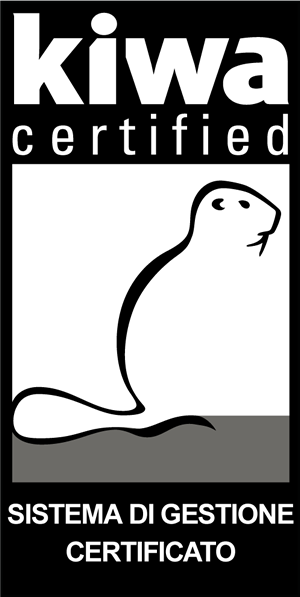Companies in the consumer sectors continue to perceive the focus to climate change as one of the main drivers of choice by consumers, who are always inclined to invest in brands that are attentive to environmental issues. In Deloitte's CXO (Chief Experience Officer) Sustainability Report 2023, 54% of executives surveyed said that their investment in sustainability increased in the past year, and 19% said that investments were increased before then. The same executives believe that these issues have an impact on companies: 49% of those surveyed believe that changing consumption patterns is one of the main problems (the previous year, concerns were focused on the impact of industrial processes, regulatory and political uncertainty, and operational complexity). 71% of consumer goods executives say they have felt strong pressure from their customers and consumers to take a position on climate change. 59% of CXOs in consumer goods believe that their current sustainability efforts are having a positive effect on their brand and reputation, an increase from 50% the previous year. However, the difficulty remains in measuring the environmental impact, and companies that make efforts towards greater sustainability increasingly need tools and supply chain tracking processes to help them in the medium to long term. The emerging novelty is the preference of consumers towards sustainable purchasing options. More and more people are willing to buy used goods because they consider it a more ecological choice than buying new goods. As consumers become more aware of the negative environmental consequences of fast fashion and other consumer goods, the resale market for products such as clothing and furniture continues to grow, fueled by a shift towards eco-conscious consumerism.
Sustainability and fashion: how technology and the second hand market are driving change
Sustainability is an increasingly important topic for luxury and fashion companies. According to Evan Sheehan, an expert in retail and distribution, this is stated in the latest Sustainability Report from Deloitte (2023). The big news in fashion is the entry of players who work on second hand and recycling, comparing people's attitude to conserving goods with technological innovations that help to do so. Four areas emerge as key points: the importance of the "resale" market, the need to integrate sustainability practices into companies' supply chains, the role technology plays in traceability, and adherence to related ESG frameworks (acronym for Environmental, Social and Governance), which provide companies with guidance to organize and present what they are doing in favor of the circular economy.

Deloitte Global's 2022 Holiday Retail Survey found that 32% of US-based consumers planned to purchase resale items during the holiday season as a cost-saving measure. Clothing is at the top of the list of preferred categories for purchasing used goods (51%), followed by the toys and hobbies category (40%). Several retailers are entering the used goods market by introducing specialized marketplaces. Currently, there are three options for resale: in the first, consumers can resell their product to the retailer from whom they purchased it to earn store credits. The retailer then resells the refurbished item on their own platform to other customers – for example, Nike launched the “Nike Refurbished” program in 2021, through which it resells sneakers returned by customers within sixty days of purchase. The sneakers are inspected and classified as "worn for a day or two," "worn gently," or "cosmetically defective" before being cleaned and resold at a cheaper price than the originals. In the second option, consumers can sell their property goods directly to other consumers through peer-to-peer markets facilitated by retailers. In the third option, consumers can sell their products directly to other consumers through popular resale markets such as ThredUp and The RealReal, with which retailers usually have a third-party relationship. For example, luxury brands such as Gucci and Balenciaga, part of Kering SA, have partnered with The RealReal to facilitate the resale of their products.
Another issue that is gaining attention in the sector is greenwashing. As the fashion world continues to confront its harmful environmental and social impact, consumers, regulatory authorities, and other stakeholders, according to a McKinsey forecast, will increasingly examine how brands communicate their sustainability credentials. To avoid greenwashing, brands must demonstrate that they are making significant and credible changes, while at the same time complying with emerging regulatory requirements. Technologies enabling traceability and transparency of processes are coming to their aid, foremost among them the Digital Product Passport that allows for the electronic recording, processing, and sharing of product information between supply chain companies, authorities, and consumers. It is a tool that can help the manufacturer gain full control of its production chain, thus improving its sustainability performance, and providing reliable certification for institutions and end consumers.
Temera is a key partner in defining brand traceability strategy in the Fashion and Luxury world. Thanks to its 15 years of experience in the market, it has proposed key tools to help the brand demonstrate its sustainability and its commitment to reducing its environmental impact. The t!Care solution, a necessary tool to organize suppliers and all information related to raw material sourcing, has already been launched for several years, being integrated with all the other Temera supply chain traceability tools. All these solutions have been designed to support a single layer necessary to provide all the objective information of the digital product passport, the Unique ID Platform.

The company continues to invest in research and development to provide major brands with solutions aimed at implementing a true circular economy because traceability and transparency are the new watchwords to which we must quickly adapt.
